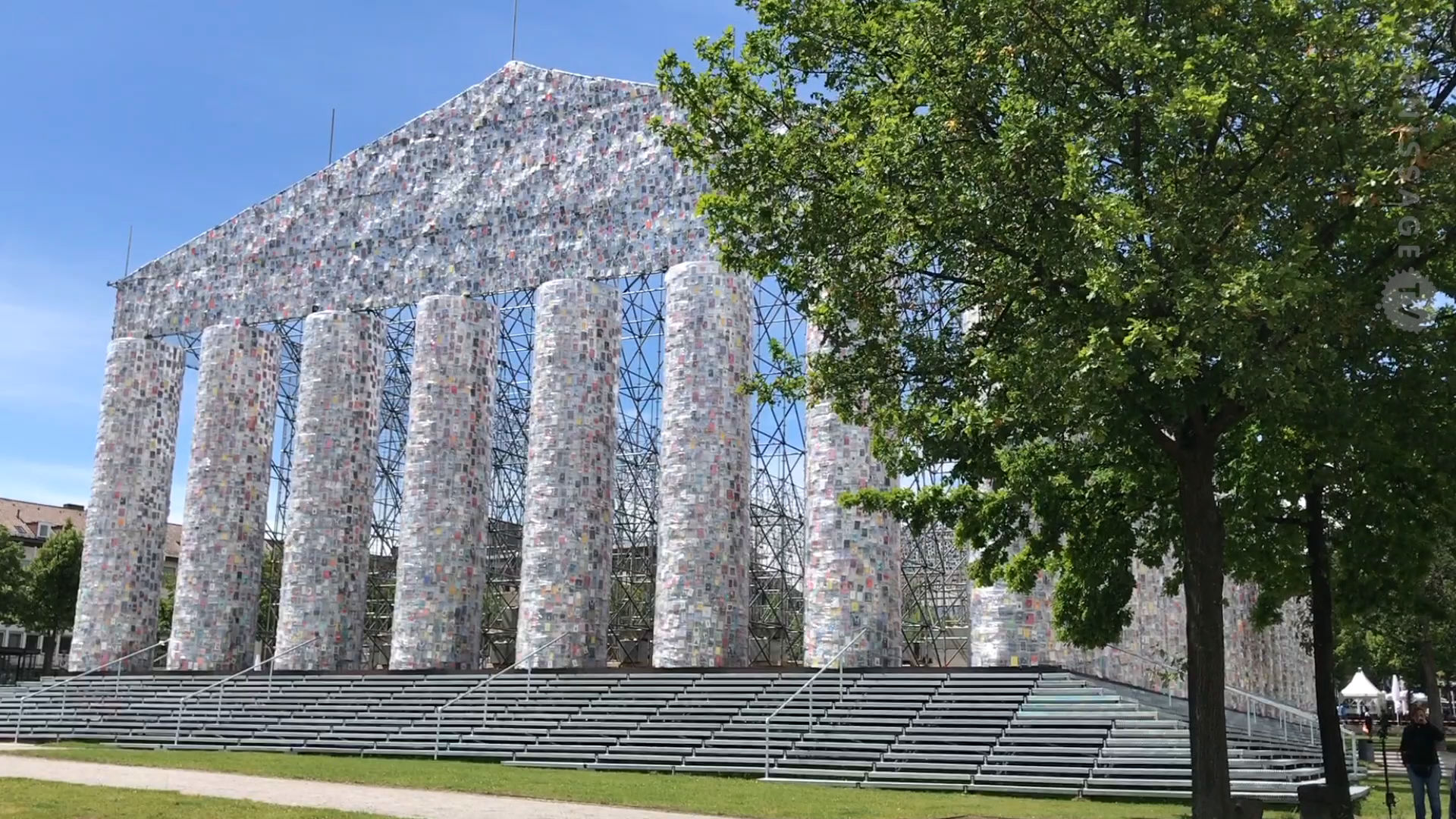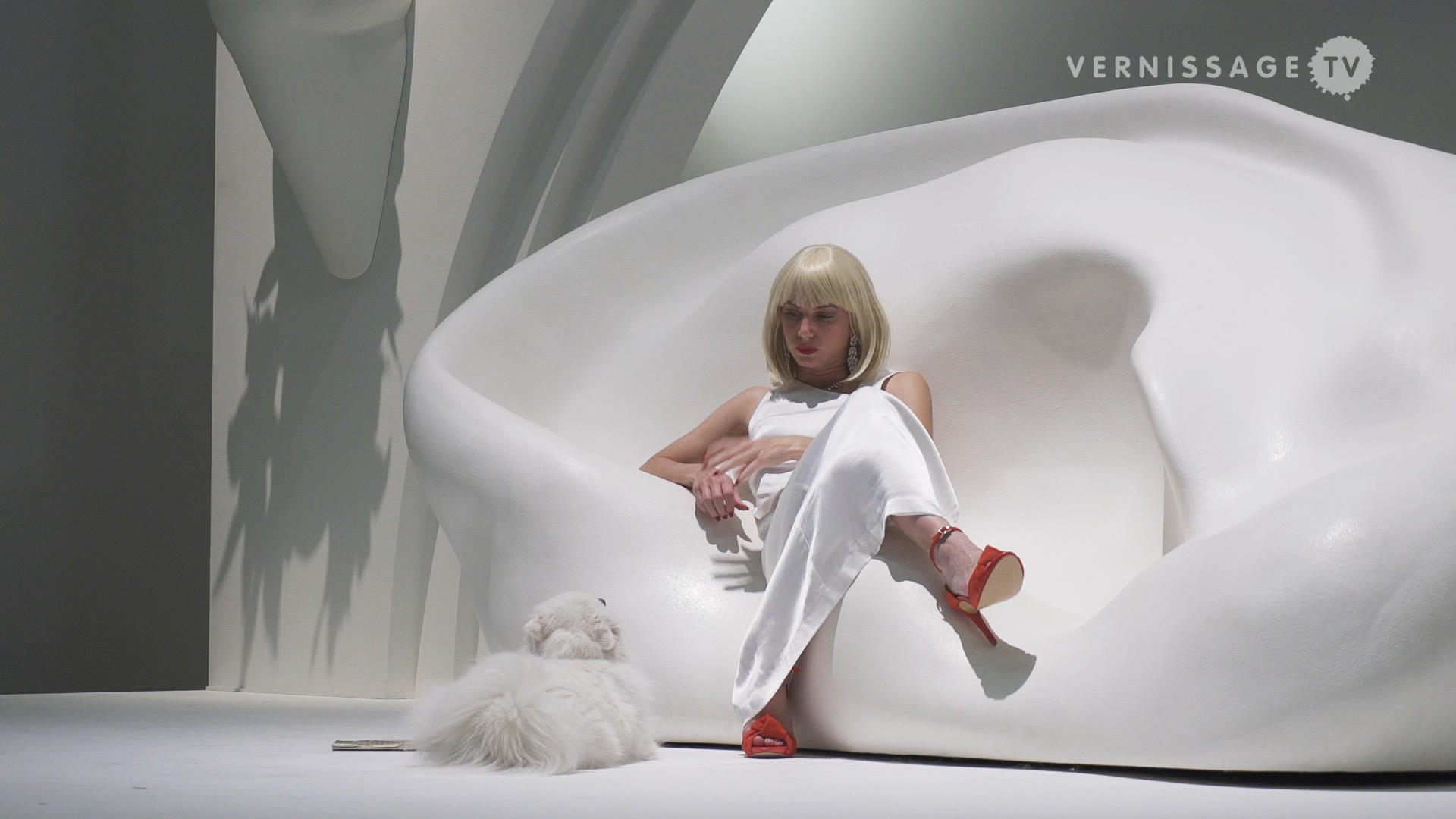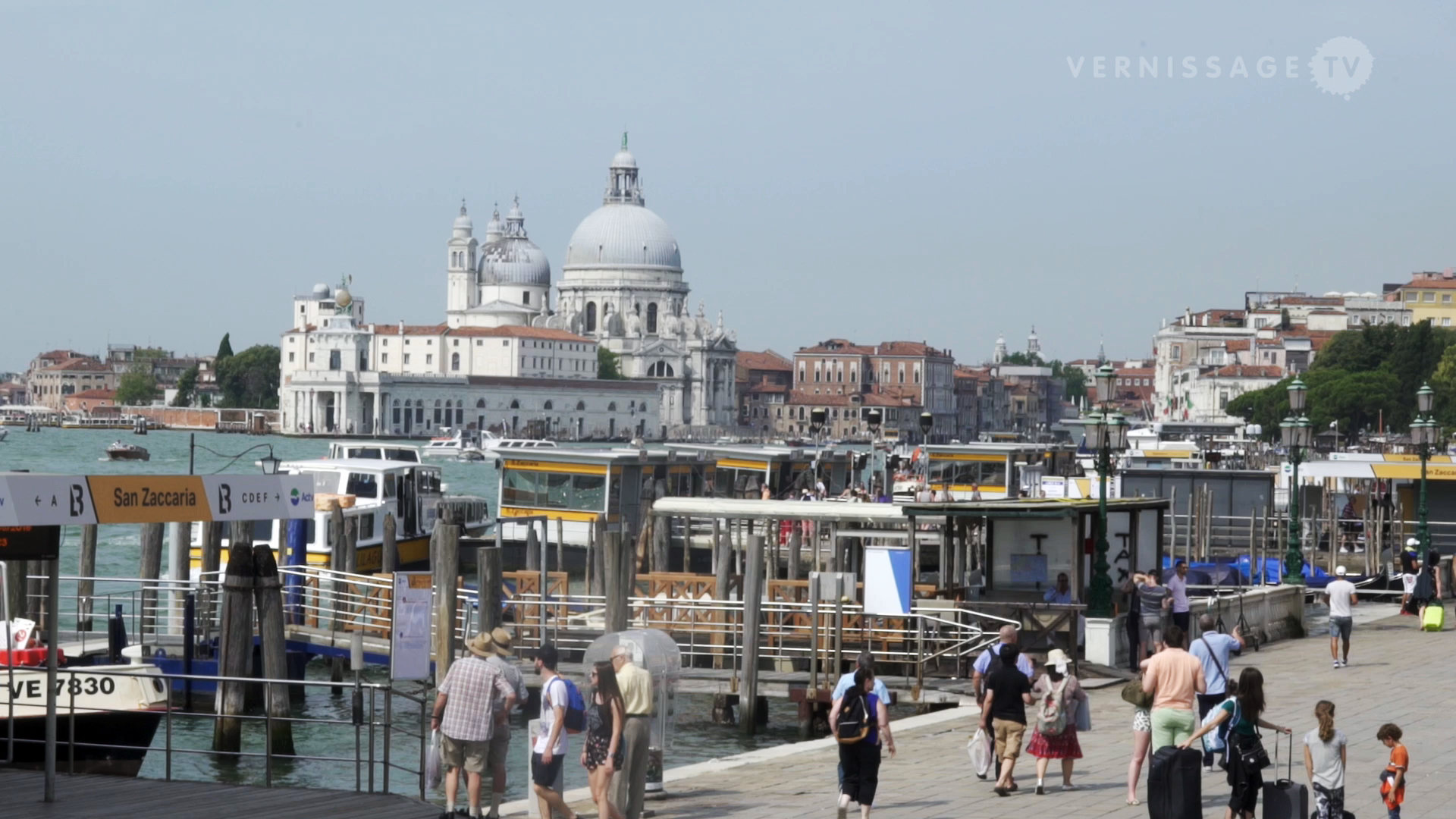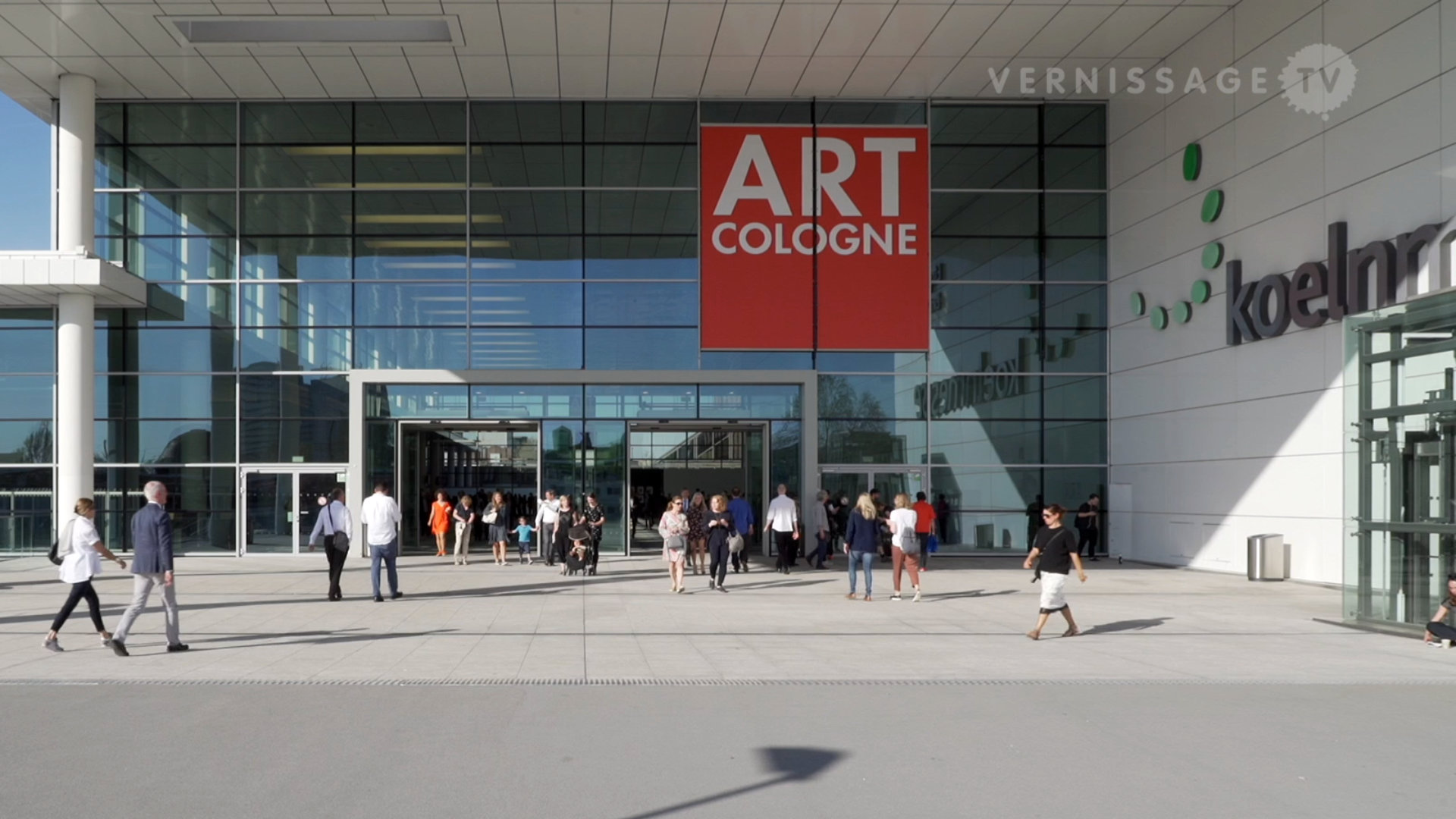The Kunstmuseum Bern is currently showing the first exhibition of the central early phase of artist Teruko Yokoi’s work in the 1950s and 1960s. The works from that time were made on three continents somewhere between western abstraction and Japanese tradition. Teruko Yokoi was born in 1924 near Nagoya (Japan).
When she was 25, the daughter of a calligrapher studied with the Impressionist Takanori Kinoshita. After she had won major art prizes, she moved from Tokyo to San Francisco and then New York and entered the circle of Abstract Expressionism. In 1960 Teruko Yokoi moved to Paris with her husband Sam Francis. Two years later, having separated in the meantime, she decided to move to Switzerland. She has lived and worked in Bern for more than five decades.
The exhibition at Kunstmuseum Bern is titled Tokyo – New York – Paris – Bern. Curated by Marta Dziewańska, the show runs until May 10, 2020.
Teruko Yokoi. Tokyo – New York – Paris – Bern. Kunstmuseum Bern. Preview and Vernissage, January 30, 2020.
–– Right-click (Mac: ctrl-click) this link to download Quicktime video file.
Info text:
The Kunstmuseum Bern is showing the first exhibition of the central early phase of Teruko Yokoi’s (b. 1924) work in the 1950s and 1960s. The works from that time bear witness to an agitated era: they were made on three continents somewhere between western abstraction and Japanese tradition, as well as the ever-present horrors of the Second World War. They show the artist in a phase of extreme creativity. The Japanese artist Teruko Yoko has lived and worked in Bern for over five decades.
Tokyo – New York – Paris – Bern
Teruko Yokoi was born in 1924 near Nagoya in the Japanese province of Aichi, the daughter of a calligrapher, and was given painting lessons at an early age. When she was 25 she studied with the respected Impressionist Takanori Kinoshita, and then went to Tokyo, where her works were awarded major prizes. Then, at a time when New York was beginning to overtake Paris as the capital of western culture, Yokoi decided to move to the United States. There she was given a classical training at the California School of Fine Arts in San Francisco, before moving on in 1955 to New York, where she moved among the artist and teacher Hans Hofmann, and from there entered the circle of Abstract Expressionism. In a world devastated by the Second World War, dehumanised by the death camps and living under the shadow of the atom bomb, artists sought new forms of representation. Yokoi found access to an artistic milieu that was developing a new pictorial language, where she met, among others, Kenzo Okada, Mark Rothko, Joan Mitchell, Franz Kline and Robert Motherwell. Yokoi’s future husband, Sam Francis, as well was a member of this artistic circle. In 1960 she moved to Paris with him and their daughter. Two years later, having separated in the meantime, she decided to move to Switzerland. She has lived and worked in Bern for more than five decades.
Between East and West
Yokoi’s works are colourfully rich, vivid and experimental. They are hybrid abstractions which move between the delicacy of Japanese calligraphy, a delight in gentleness and mystery as well as curiosity about the “American Type”. The atmospheric tenderness of the palette and the application of paint contrasts the power of her gestures – a harmony of practically exploding colours and forms.
‘My pictures are poems written in paint.’ Teruko Yokoi
Teruko Yokoi’s story is characterised by passion, curiosity and persistence. It describes the experiences of the existence of an artist who pursues her creative activity in spite of her surrounding political conditions, her geographical situation, her origins and her sex, and heedless of the wounds caused by this struggle. While Yokoi might have been close friends with the most famous American and European artists, she never allowed herself to be entirely absorbed by them: she was as gifted as she was innovative, and yet, bringing another legacy with her, she remained different.
About the exhibition
The exhibition follows the story of an extremely productive and vital artist. Her works from the early 1950s until the present day do not only testify to her undiminished creative energy, but in their conflict between East and West also reflect the debates within post-war modern art.
The exhibition brings together a large selection of works produced between the 1950s and the early 1970s – in a period, then, when the classical artistic vocabulary was being re-evaluated. At the centre of the field of tension between modern abstraction and Japanese tradition is the time when Teruko Yokoi challenges her artistic language and tries out new things. The exhibition does not follow a purely chronological line, however, but instead pursues the artist’s ever-changing travels between Tokyo, San Francisco, New York, Paris and Bern, and hence all the places that have left their traces in her work. The eye is directed towards her highly energetic and revolutionary art, which was made in the milieu of the artists who shaped crucial narratives of the art history of the 20th century.




